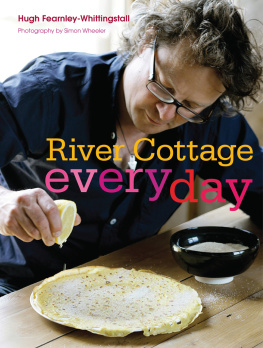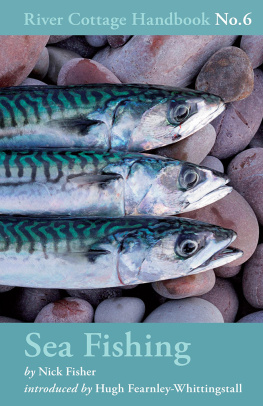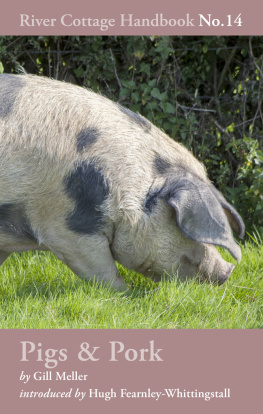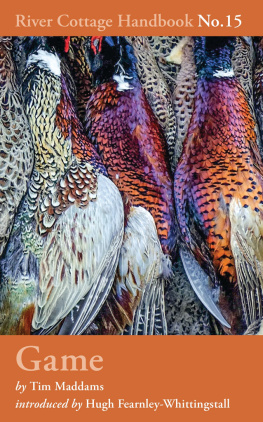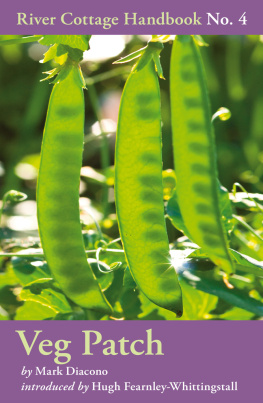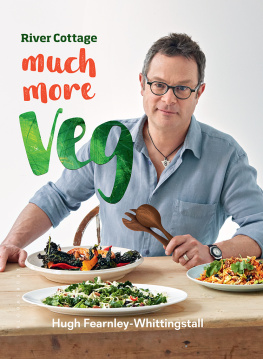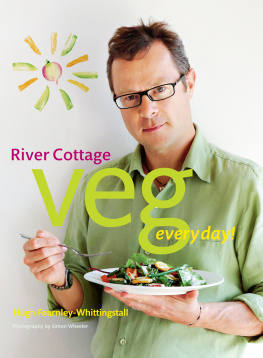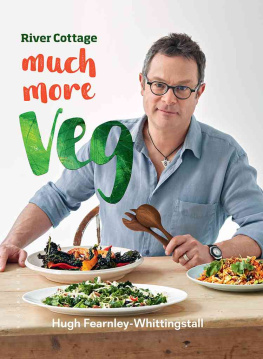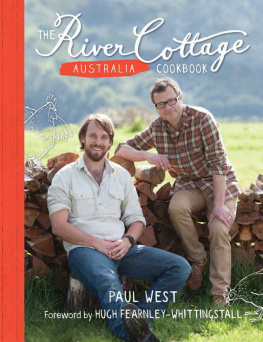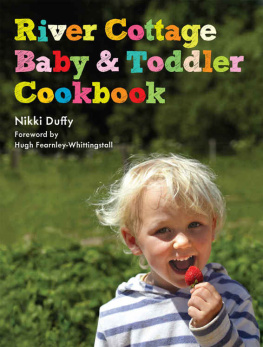
For Marie, for every day
First published in Great Britain 2009
This electronic edition published in 2015 by Bloomsbury Publishing Plc
Text 2009 by Hugh Fearnley-Whittingstall
Photography 2009 by Simon Wheeler
Additional photography 2009 by Marie Derme ()
Illustrations 2009 by Mariko Jesse
All rights reserved
You may not copy, distribute, transmit, reproduce or otherwise make available this publication (or any part of it) in any form, or by any means (including without limitation electronic, digital, optical, mechanical, photocopying, printing, recording or otherwise), without the prior written permission of the publisher. Any person who does any unauthorised act in relation to this publication may be liable to criminal prosecution and civil claims for damages.
The moral right of the author has been asserted
Bloomsbury Publishing Plc, 50 Bedford Square, London WC1B 3DP
Bloomsbury is a trademark of Bloomsbury Publishing Plc
A CIP catalogue record for this book is available from the British Library
ISBN 978-0-7475-9840-4
ePUB ISBN: 978-1-4088-1555-7
Project editor: Janet Illsley
Copy editor: Jane Middleton
Design: Lawrence Morton
Photography: Simon Wheeler
Illustrations: Mariko Jesse (www.marikojesse.com)
www.bloomsbury.com/rivercottage
www.rivercottage.net
To find out more about our authors and books visit www.bloomsbury.com. Here you will find extracts, author interviews, details of forthcoming events and the option to sign up for our newsletters.
contents


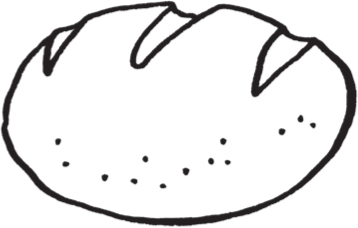


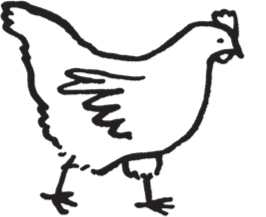




Good food prepared from fresh ingredients ideally seasonal and locally sourced can and should be at the heart of every happy, healthy family kitchen. Yes, I genuinely believe that cooking from scratch (or with your own leftovers) is a possibility for everybody, pretty much every day. I realise, when so many of us are always in a hurry, and when easy access to fresh, local ingredients is not a universal privilege, that thats a controversial position. But I stand by my conviction, and Ive written this book to show you how I think it can be done.
It often seems that we are something of a divided nation when it comes to food. A crude way of describing the divide is that we fall into two broad categories: those who care about food and those who dont. I have been accused at times of writing only for the first group or, to put it another way, of preaching largely to the converted. I can see why some would say that. I propose a degree of involvement with food knowing and caring where it comes from, perhaps even growing some of it, or gathering some from wild places that to many seems patently absurd. To some, I am that weirdo who eats anything. Of course, to me, eating nettles, rabbits and suchlike makes perfect sense. Its completely normal. But it has been quite a journey for me to discover and embrace that kind of normality.
As a child, I was one of the fussiest eaters you can imagine. If it didnt come out of a Birds Eye packet and get fried up and served with ketchup, then I really wasnt that interested. So I have no qualms imagining that others can make journeys with food even journeys they havent yet imagined possible for themselves. In the twenty-odd years since I first became involved in the food business, I have seen entrenched attitudes to food, on the part of both stubborn individuals and monolithic institutions, shift massively. Ive witnessed burgeoning excitement, enlightenment even, as more and more people get involved in cooking real food from fresh ingredients. Ive seen peoples lives and family dynamics transformed by the discovery of good food and by a change of approach to acquiring and preparing food.
If you have watched any of the television programmes Ive made over the last few years, youll know Ive spent a lot of time trying to persuade various people to change their way of shopping and cooking and to become more engaged with real fresh food. For the most part, I feel Ive succeeded, at least to some degree. The individuals and families Ive been growing and cooking food with are now, at the very least, a little more sceptical of ready meals, factory-farmed produce and anonymous, pre-packaged fare. Most of them have developed a determination to cook more with fresh ingredients and to make food a bigger part of their interaction with family and friends. But perhaps the most important thing is that all of them, I think its safe to say, have had a good time. Theyve discovered how to cook ingredients theyd shied away from and how to get more out of foods they thought boring, and realised that some truly delicious meals can be thrown together from scratch in very little time at all.
The food media can only do so much to engage public interest in these issues. Luckily there are all kinds of other catalysts that bring about a change for good in peoples relationship with food, and many of them cant be marshalled or predicted: a meal at a friends house; a great dish encountered on holiday; a child coming home with something theyve cooked at school; an unexpected gift of a fruit bush or veg plant. These can all kickstart a new and exciting future with food one that turns out to be more accessible than you might have imagined. Buying your food becomes less of a chore, more of a pleasure, an adventure even, as you steer your trolley away from the ready-meals aisle and over towards fresh produce. Or perhaps start heading for the nearest farm shop rather than the supermarket. Suddenly it seems that your friends have discovered cooking too though perhaps its just that you are hearing the food-related content of their chatter when previously you were filtering it out.
Thats why I think the us and them view of our food culture is unduly simplistic. I see not two firmly entrenched camps who can never meet but rather a continuum, with those who are already thoroughly involved with the story of their food at one end and those who are entirely dependent on anonymous, industrially produced food, the origins of which are largely unknown to them, at the other. Everyone, and every household, has a place on this continuum. I see the main challenge of my work as helping people move along it in the direction of more engagement with real fresh food, away from dependence on the industrial food machine. I believe its a worthwhile enterprise for one simple reason: Im convinced that a greater engagement with the source of their food makes people happier.
Next page
